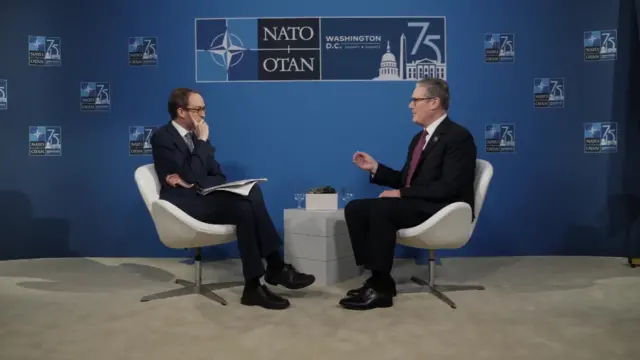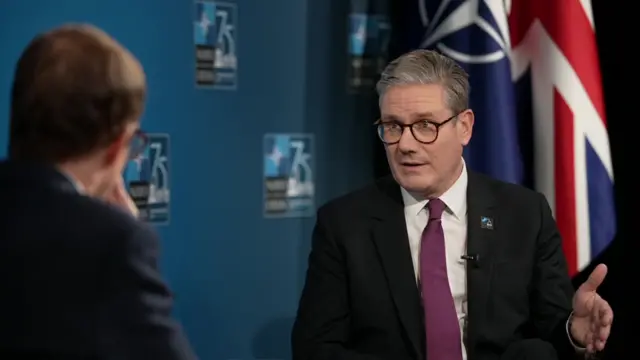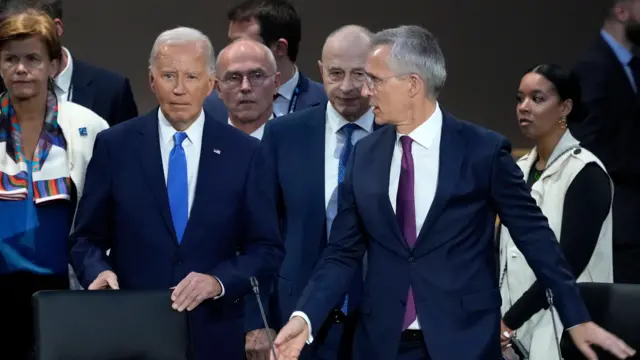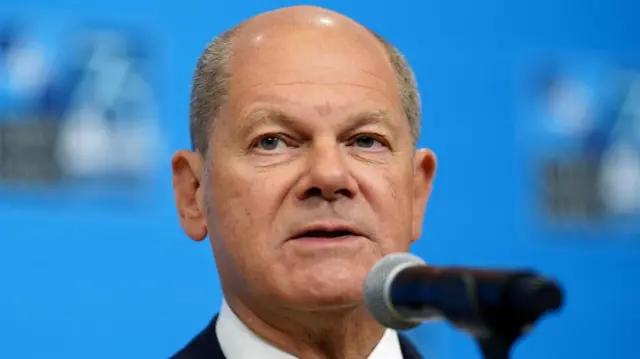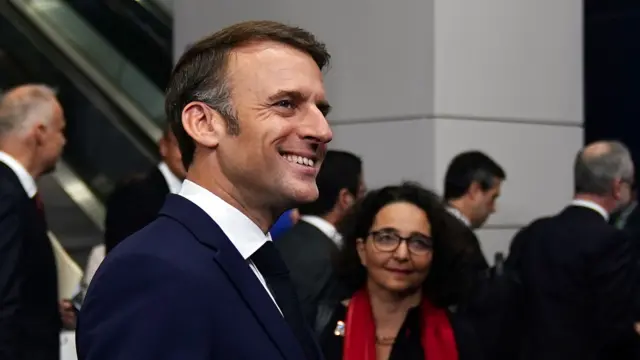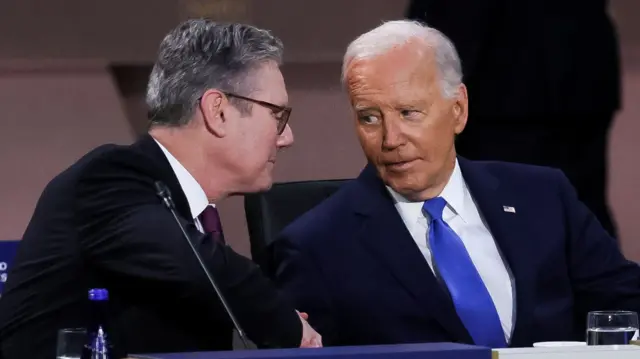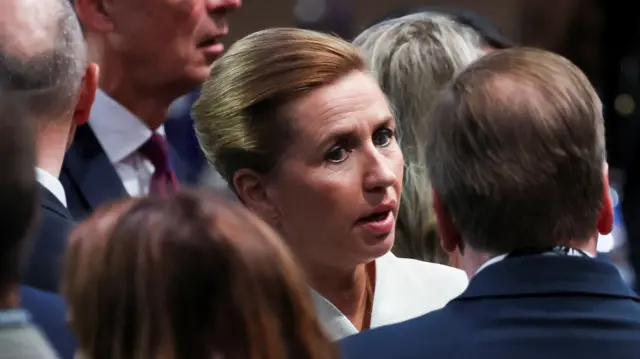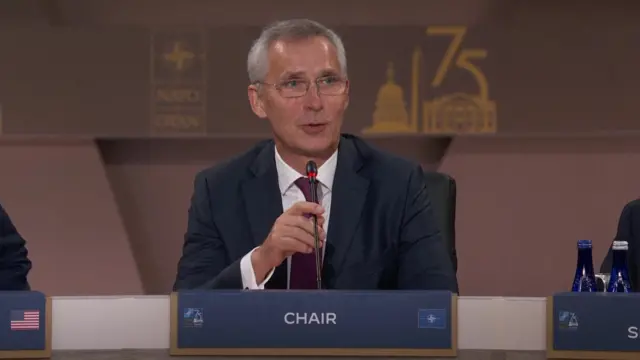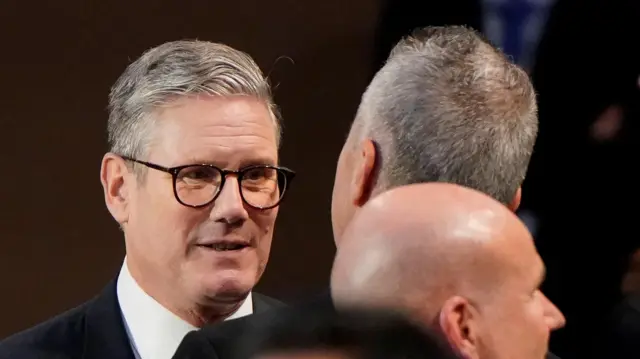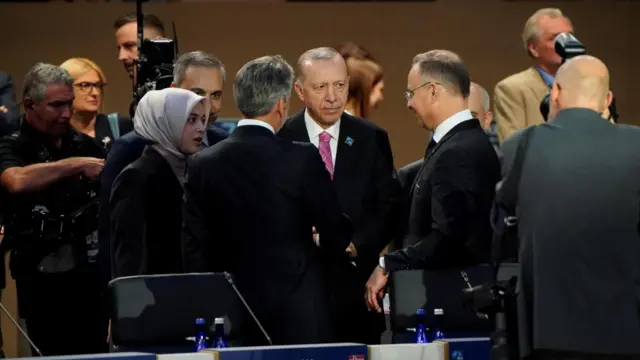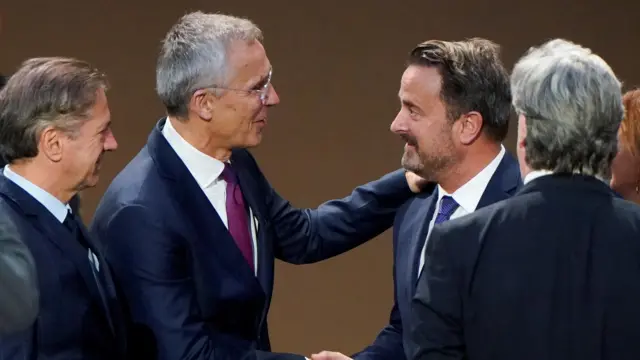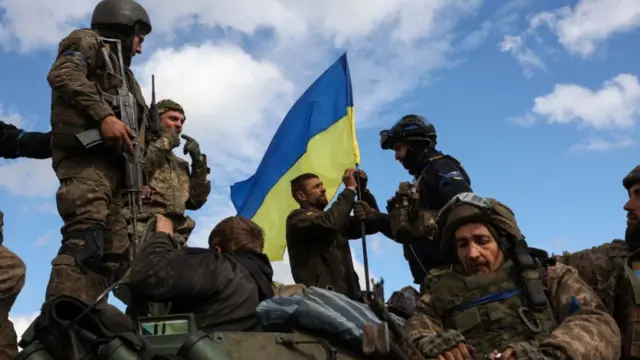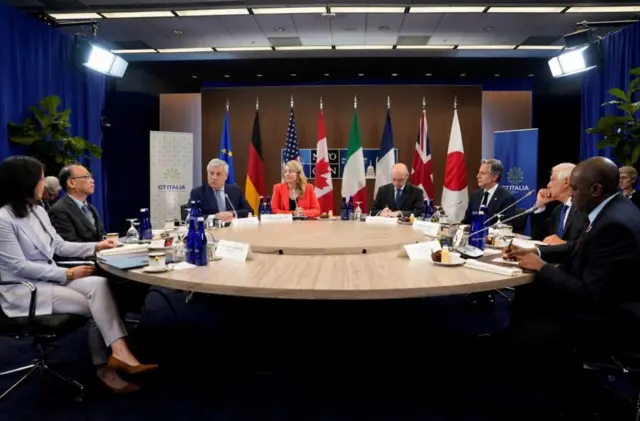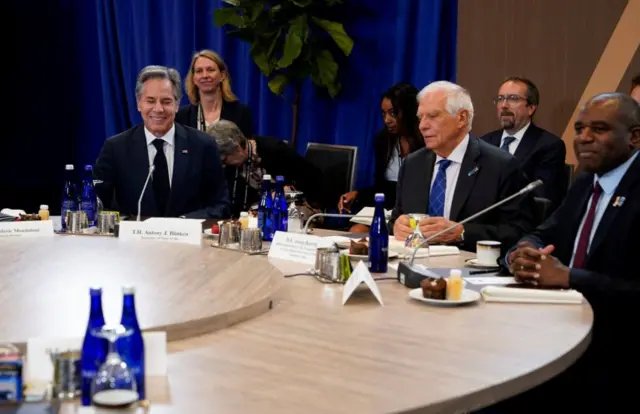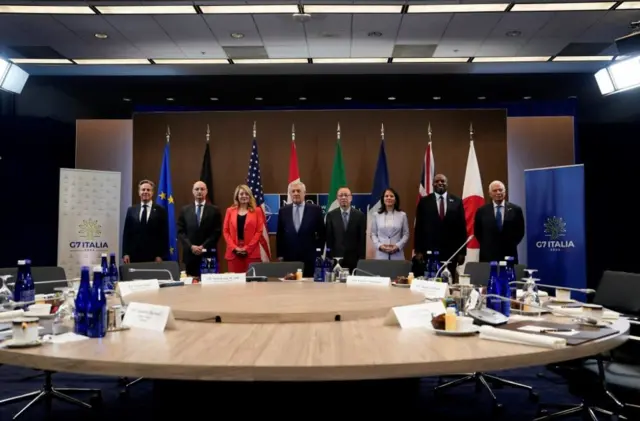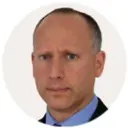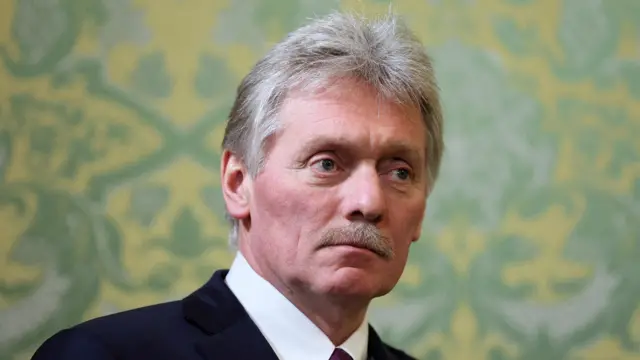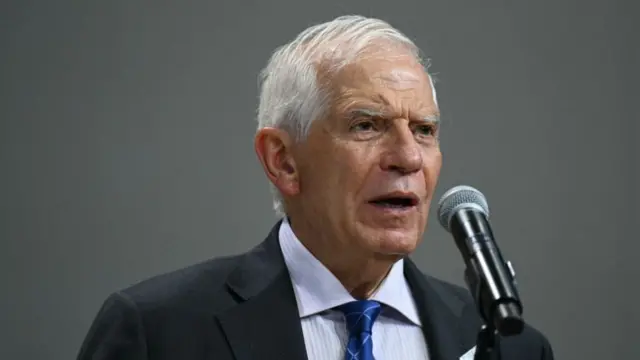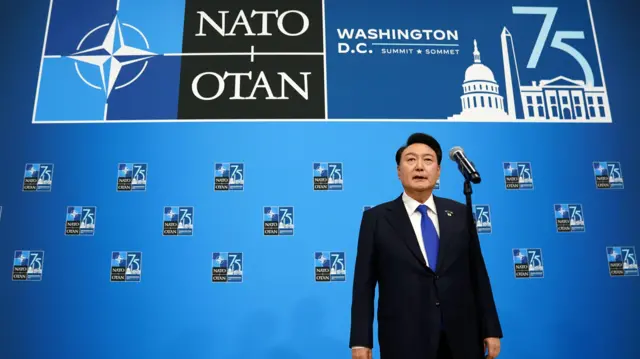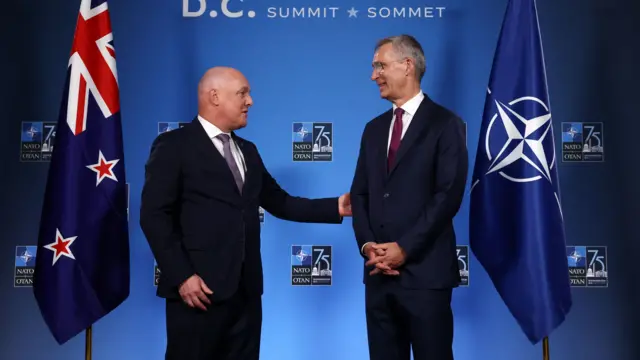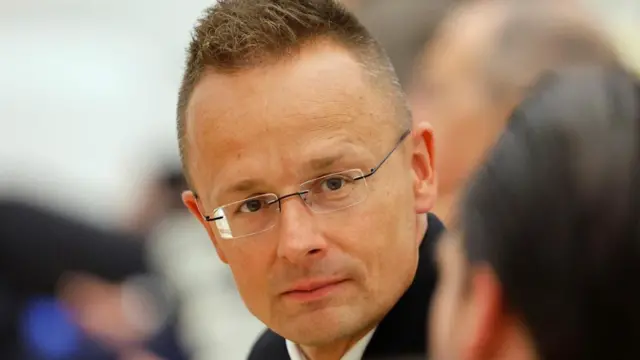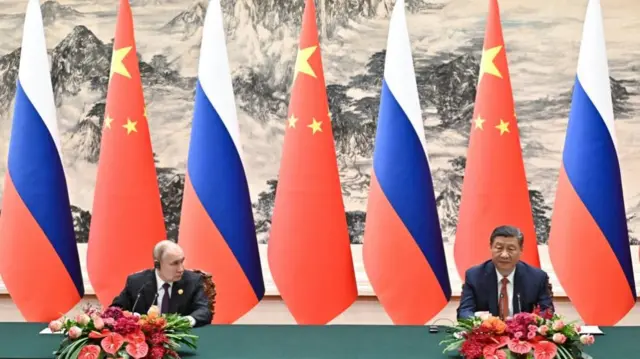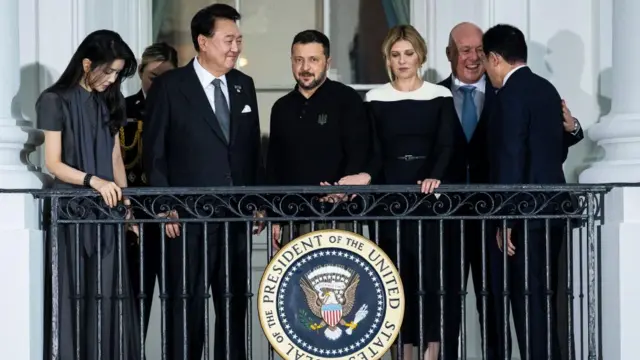F-16s for Ukraine will help but not a wonder weapon - military officialpublished at 17:15 BST 11 July 2024
Jonathan Beale
Defence correspondent, reporting from Washington DC
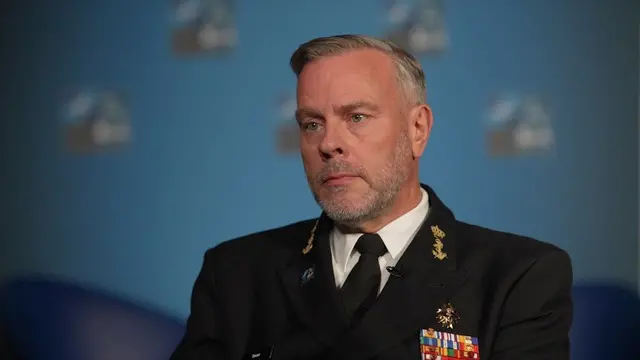
Nato’s most senior military officer says the arrival of F-16 fighter jets in Ukraine this summer, as announced at the summit in Washington, will help the country defend its troops on the frontline and conduct offensive operations in the future.
But Admiral Rob Bauer, the chair of Nato’s military committee, warns “if people think this is a wonder weapon that will change the course of the war the day after they arrive, then I’ll have to disappoint them”.
Admiral Bauer tells the BBC the US-made jets would make it more difficult for Russian fighters to attack Ukrainian forces on the frontline. But he warns that F-16s in Ukraine would also become a target for Russia.
He says “like every weapon system we have given Ukraine, they can become a target”, adding the Russians had also been targeting US made Patriot air defence systems.
“The Russians are not stupid and they will try to hit what is a danger to them,” he says.
